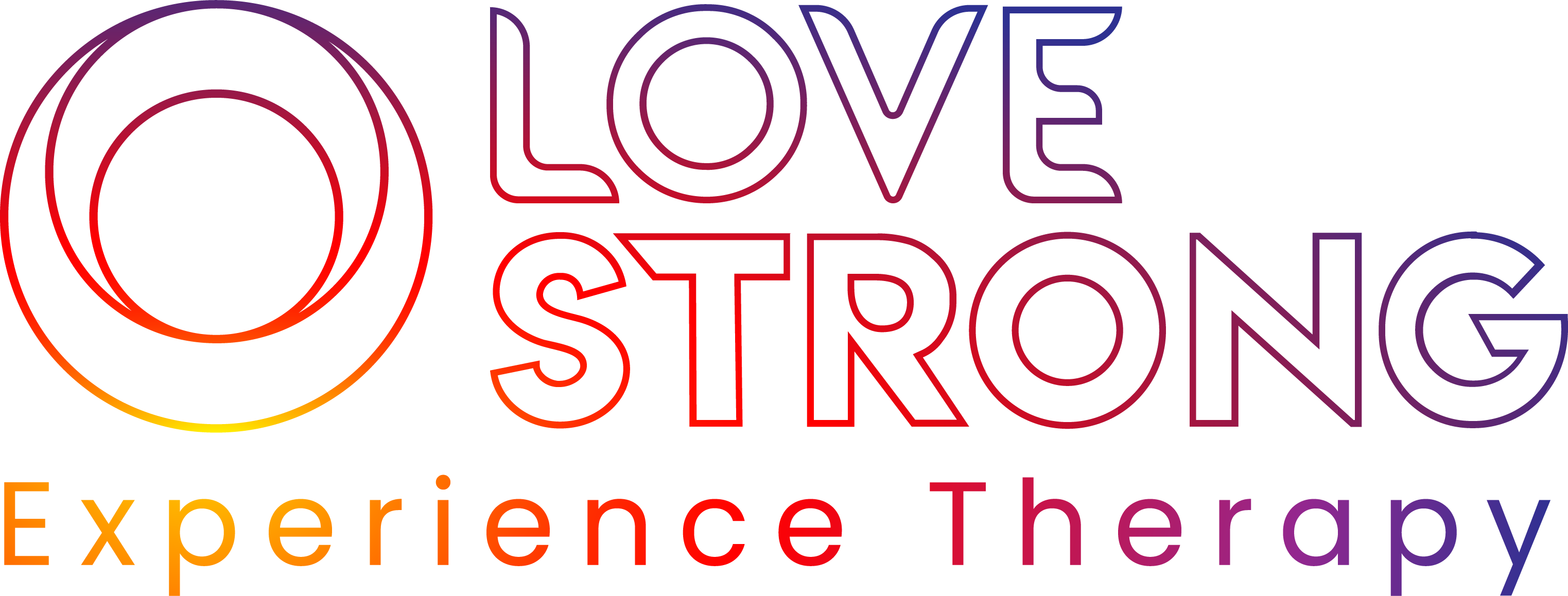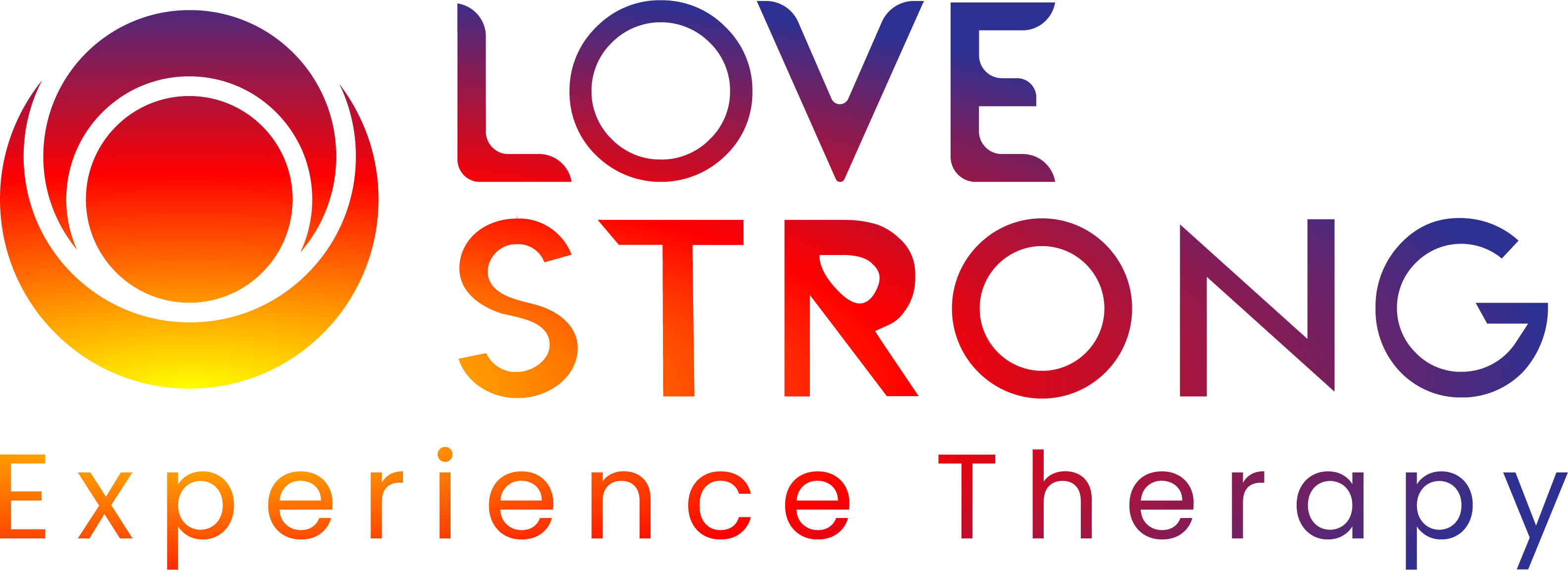Tyler shares an approach he learned while being trained in a specialized type of therapy called Dialectical Behavioral Therapy (DBT). The skill is an acronym called the M.E.D.D.S.S.S skill. It can and should be applied regularly to help you live a healthy WHOLEHEARTED life.
September 30, 2022
how can i become an emotionally healthy person today we're going to talk about seven things that you can do in your life to lay down a basis a firm foundation of how to be an emotionally healthy person i'm tyler your wandering therapist i'm excited to be with you today this is a question that i get all of the time and there's a lot of different answers that we can give to this but today we're going to talk about seven things that you can start doing right now habits that you can form to establish a firm foundation of how to be an emotionally healthy person this is a skill that i learned a long time ago when i was being trained in something called dialectical behavioral therapy or dbt and dialectical behavioral therapy talks about many different ways to live what's called a life worth living a life that's vibrant a life that's colorful a life that allows us to be a constant work in progress and one of the skills that they teach is that we should be building a reservoir of emotional health and strength so that we can use it as things come up throughout our days so this is the way that you build that emotional reservoir that foundation and it's called the med skill and it's an acronym m-e-d-d-s-s-s each letter stands for something that you can engage in hopefully on a daily if not really regular basis that allows you to cultivate good emotional health the first letter m stands for meditation and mindfulness we can do a whole other series of videos on the benefits of mindfulness and understanding exactly what mindfulness is but for the sake of this video meditation in all of its forms can be very powerful for helping us to be in touch with ourselves as we're relating to the current life that we're living in it's about learning to be fully present in the moment that we're in instead of worrying about the past or worrying about the future and not allowing ourselves to be present in the actual life that we have to live which is right now so regular mindfulness and meditation practice can be really helpful for establishing good healthy emotions the e the second letter is e stands for exercise this is one that everybody knows rationally few people actually put it into regular practice and yet it might be one of the most beneficial things that we can do for our overall state of emotional well-being every time that we exercise especially when we get our blood pumping in our heart rate up we release a series of different brain chemicals in our brain that allows us to actually feel better we gain a greater sense of confidence we feel a flush of other emotions that move from our bodies it helps move other emotions that were out like stress and anxiety and it allows us to almost hit the reset button i think it's a really difficult one for a lot of people because it comes with some discomfort and pain but it's the discomfort and pain that actually causes the brain to kick off those chemicals those endorphins that actually make us feel better so regular exercise is not only good for the body in fact the reason i exercise isn't even really for my physical body that's the byproduct but it's actually for the brain and if you're fueling your brain with good healthy exercise it's going to give you an increase of energy a decrease in stress and an overall better sense of well-being the first d stands for diet and nutrition this is a vitally important especially in the world that we live in where you drive from the the front row spot in walmart where you go and do your shopping and then you drive across the parking lot to go through the drive-through at kfc to get food that you didn't want to walk for or work for them we wonder why we're overweight and depressed the truth is is that the what we put into our brains and bodies actually really matters and for overall good emotional health we want a good balanced diet that's heavy in all of the foods that are the colors of the rainbow the better the color the better it is for the brain and the body especially your deep greens so if you're eating kale and spinach broccoli other good vegetables some fruits those things are good for your overall well-being in terms of your emotional state of being but it also helps with being irritable throughout the day because you're not hungry and you're not depleted of the resources that you need the second d stands for drugs as prescribed if you're on any medications it's important that you take those medications as prescribed especially if they're mental health medications many mental health medications are designed to be something that's given consistently at a regular rate and too often what we do is we actually manage our own medications by not taking them for days at a time and then taking extra at other times and in doing that we're not only setting ourselves up sometimes for possible addiction but we're setting ourselves up for bigger waves of emotion and so if you're on any medicine for your mental health make sure that you're taking it consistently as prescribed the first s stands for proper sleep and what we want with sleep is we want an average of seven to nine hours a night but just as importantly we want it to be as consistently as possible so it's better for your body and your brain and your emotional health if you go to bed say at ten o'clock or ten thirty every night and get up at the same time in the morning then going to bed at nine o'clock one night and then going to bed at midnight the next night and bouncing back and forth because what happens is our bodies get used to something called circadian rhythms and with circadian rhythms they're what actually move us in terms of our energy levels that's why a lot of people get really tired usually at two or three in the afternoons is that most of us are on a rhythm where our bodies get tired tired during that time and it's something that we get used to a lot of people can actually get up in the mornings without an alarm clock when they're very consistent with their sleep patterns because their bodies get into a rhythm of knowing when it's time to wake up we're kind of built that way we've got those internal clocks so we want to establish that internal clock because it takes less emotional energy and less resources for our brains when we're in the habit of letting those rhythms play out properly as well as getting the rest that we need something that's starting to be researched a lot right now is the actual power and benefit of sleep to rejuvenate us and to rebuild us and to actually restore us and that's also true for our emotional health the second s is spiritual practices this is of another vitally important thing that we're pursuing an ongoing relationship with something or somebody bigger than ourselves with god when we put god in our lives it allows us to take ourselves out of being the center of the universe which means we don't have to control everything which means we can let go of a lot of anxiety we can let go of a lot of fear we can let go of a lot of depression and we can learn to give things over to god who can handle those things that we can't really control it allows us to also understand who we are in the bigger picture of things to continue to build an identity from a true source that allows us to move forward with confidence and with possibility especially as a christian where you believe in the power of forgiveness and the power of continued growth because of the atonement of christ when you're pursuing a connection with that relationship with christ it allows you to see yourself as a work in progress as a flawed person who can make mistakes and grow and therefore can be creative and continue to develop yourself instead of being stuck and feeling like a failure the third and final s is social connection we are social beings many of us think that we're better off all by ourselves and we consider ourselves introverts and that might be true there's nothing wrong with being an introvert but all of us out of necessity need connection with other people we we're social beings and as such we've got to put ourselves in situations where we're cultivating good friendships a good friendship good connection good companionship with your partner actually shows in research some really incredible results in the sense that we live longer and we struggle with fewer problems like high blood pressure and strokes and other things that go on when we're deeply connected with other people and we have close relationships go back through that med skill mindfulness exercise diet drugs as prescribed sleep spiritual practices social connections the challenge for you guys today is to think about those things in your own life don't commit to all of them find one or two that maybe could use some work and commit for a couple of weeks to trying to do those on a regular basis and establishing a habit with any one of those in the med skill when you get those things rolling when they're happening consistently you'll find that you have more energy throughout your day you have more confidence throughout your day when hard things come your way you'll have more internal strength and it will mitigate the waves of emotion that we often feel throughout the day that knock us off our feet so good luck to you thank you so much for being here with me if you found this to be valuable for you please hit the like and subscribe button if you're facing particular struggles that you need help with or roadblocks that you're running into please submit a question i'd be happy to answer it for you [Music] you

